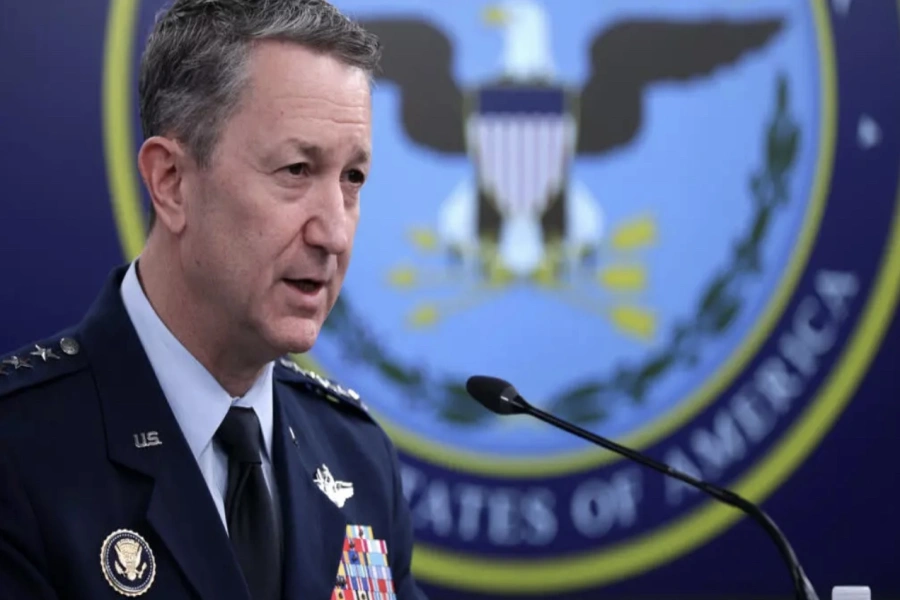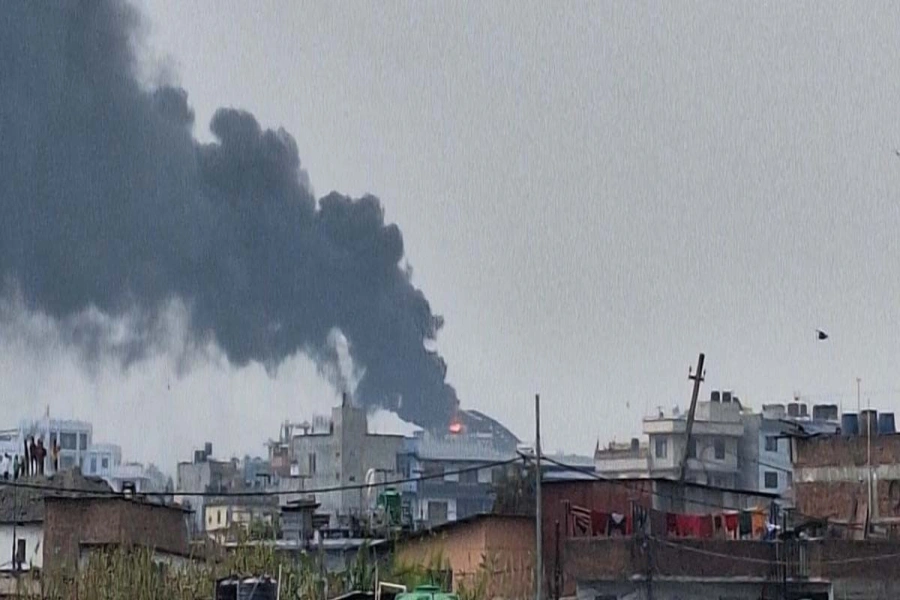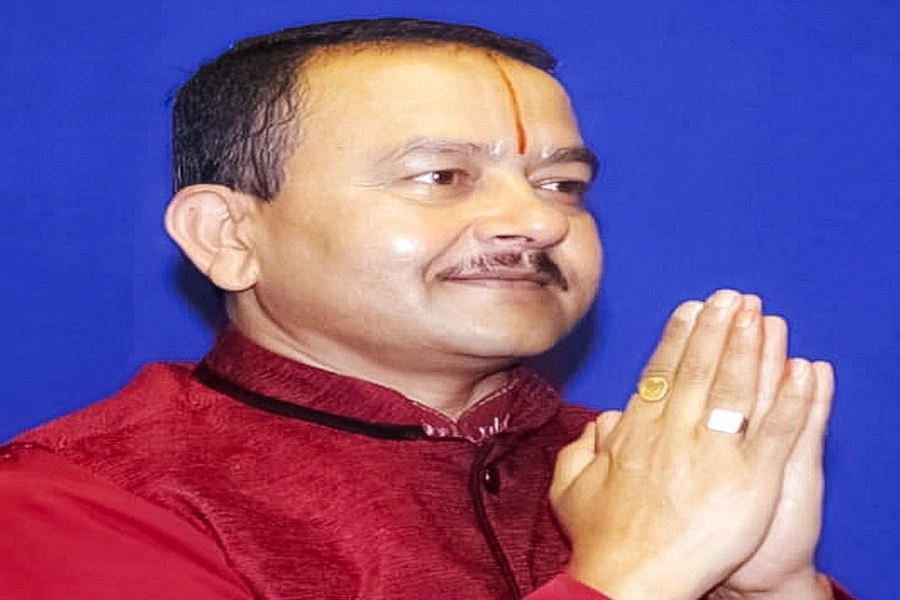It’s incidents like the tragic bus accident at Kavre that remind you how frequently we risk our lives travelling in Nepal and just how little thought we actually give to it. It’s not only the travelling but engaging in even the seemingly mundane aspects of our lives – buying goods, eating out, availing services that we are inadvertently risking our health, wellbeing and our lives.
Our entire system is rife with anti-social practices from black marketing, hoarding, adulteration, misrepresentation, racketeering, smuggling and many more geared to wards profiteering at the expense of consumers. In fact, if there were an Olympics in anti-social, anti-consumer practices we would be very likely to feature at the top end of the pyramid. Sometimes these practises tend to be overt – like during the blockade last year – but most of the times they are carried out under the radar and while we bear the consequences of it, we seldom will hear of these activities.
While some avatars of anti-social practices tend to raise their heads whenever opportunities present themselves, there is one particularly insidious problem that has gained a sort of permanency and managed to entrench itself in our system – the transport syndicates. The damage done by transport syndicates to our nation is endless – they drive up the cost of both imported and exported goods by fixing fares, promote pollution of the environment by restricting new entrants into the sector and, above all, compromise the safety of the citizens, to think of a few.
These syndicates or ‘entrepreneurs’ – as they like to conveniently label themselves – are nothing more than a few likeminded goons who have come together to promote their own interests, always and without exception at the expense of the paying consumer. An entrepreneur is meant to be an innovator of new ideas and processes but the entrepreneurship of this lot really only consists of finding new ways to create non-existent seats (think of all the ‘additional’ seats in our local micros or ‘muda’ seats) and cram as many people as possible in their vehicles. It’s very similar to our politically bound and gagged student unions calling themselves ‘independent’ and ‘revolutionary’.
All of us are aware of this syndicate system in action – prevalent on all of Kathmandu, Lalitpur and Bhaktapur’s transport routes – and we might have, at some point suffered through the discomfort and indignity of travel on public transport so that a few thugs could make more money. This ‘syndication’ is so endemic that virtually no sector of transport remains untouched – from transporting cargo, passengers, the boats at Phewa Taal, the taxis of Kathmandu to the touts who offer to pay your vehicle taxes for you. In Kathmandu for instance, you cannot apply for a taxi license as you would in other countries (presumably) because they are ‘limited’ and the number plate – just the number plate (read registration) – often exchanges hands for upwards of six-lakh-rupees.
Is it any wonder then that the taxi drivers try and fleece you at every opportunity they get? Another case of the syndicate in action is the ridiculous rule of not being able to take a taxi to the airport to receive someone because it will eat in to the profiteering of the green plated taxis. You are compelled to pay for the overpriced taxis. What makes it all the more ironical is that our very own traffic police are part of this airport enforcement mechanism.
These syndicates through their actions block the exercise of free choice and we often end up settling for second choice, third choice or in the tragic case of the bus victims – the only choice. In the name of ‘regulating’ the business, they survive on intimidation that stems from political patronage and indifference or collusion from the local administration.
Take for example, the issue of route permits which can be refused by the Chief of Transport Management Office (regional) in consultation with the Transport Management Committee (TMC).
The TMC basically consists of assorted administrative representatives, all of whom can quite easily be leaned on to tilt the decision in favour of one party or another. In the wake of the Kavre accident it has now been decreed by the government that all permits must be obtained from the Department of Transport Management but it won’t be long before we see a return of the status quo and our de facto ‘transport management’.
This issue will not be tackled as long as this governmental merry go round is in play and successive governments have been content to preserve the status quo while these syndicates bleed the nation dry. Even the act that governs anti-social practices (Black-marketing and Some Other Social Offenses and Punishment Act) reads like it belongs in a museum. While social offences and activities have become modernized, slick operations, our laws to deal with them remain positively prehistoric.
But what the government always does, in a token show of responsibility is initiate market monitoring in the build up to Dashain with the misplaced conviction that is the panacea for all ills that plague the system. The initiative having been rolled out for consumer goods will no doubt be extended to the transport sector soon. They will tell you that all of this is done in the ‘interest of the public’ but it makes you wonder why it has to take the festive season (or a few tragic accidents) for governments to act in ‘public interest’. Where does this ‘public interest’ go for the remaining months of the year? Your guess is as good as mine.
Actress Jennifer Hudson wants her new talk show to give guests...

gunjan.u@gmail.com






-1200x560-1772467693.webp)




























